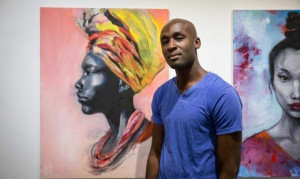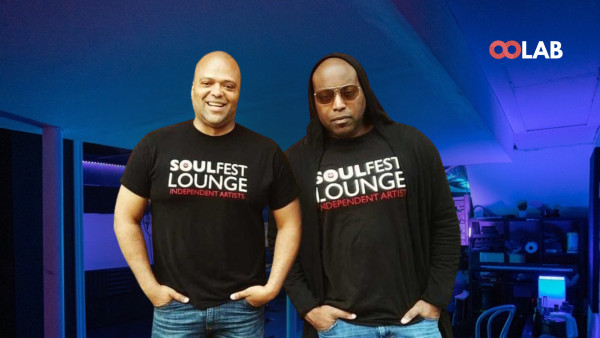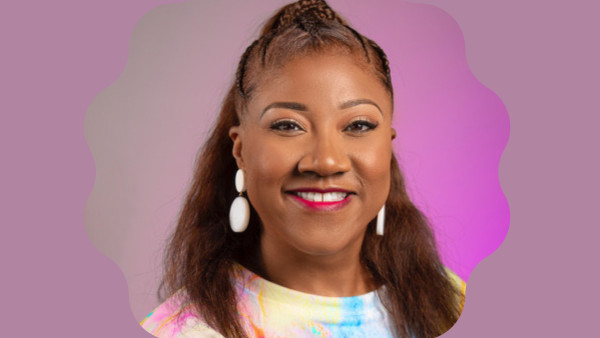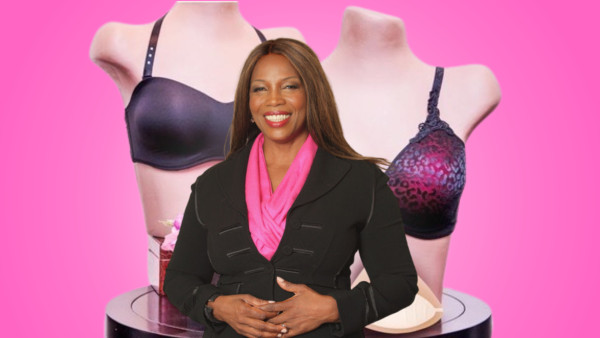With no previous food background, she started her own business in the ice cream industry.
The idea for Four All Ice Cream was born out of a heatwave in the summer of 2003. To cool from the heat Ajoa bought an ice cream machine, and quickly realized how good homemade ice cream actually tasted. Her goal then, was to have a factory where the ice cream could be made with all-natural, locally sourced ingredients. The plan was to wholesale to restaurants and other retailers.
Being a new business in a highly residential area, Ajoa’s marketing required some extra creativity. She made an ice cream cart that allowed her to showcase the product and access lots of customers. Very soon, her goal of being able to wholesale her product then expanded to her own retail store and catering.

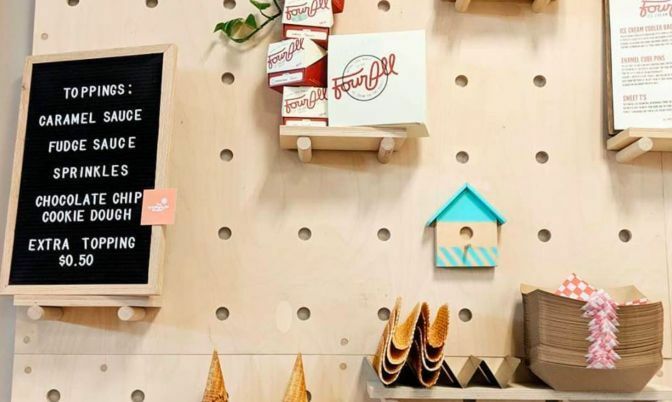
The name Four all Ice cream was inspired by the different palettes of her family of four. So there came four categories to please all customers: CLASSIC, VEGAN, CHILDHOOD, and FOODIE. “My husband is into classic time-tested flavours, like a creamy vanilla. My oldest daughter's milk sensitivities has her reaching for vegan or dairy-free options. My youngest daughter always chooses flavours that are reminiscent of childhood; mint chip for example. While my own tastes veer towards foodie flavours inspired by interesting culinary combinations, like whiskey, or caramel with spiced pecans.”
In the midst of this, Ajoa realized she had lots of passion but had a blind spot when it came to food knowledge. She decided to take a food science course at University of Guelph. “It was really beneficial, my professor’s master student was an entrepreneur herself running her own ice cream business in Denmark And Vietnam,” says Ajoa. She also applied for a futurepreneur loan, which comes with a mentor.
Being a Black woman the phrase “work twice as hard” is common amongst us and Ajoa is no exception. Her mom had raised her with this knowledge and had even said “three times as hard.” Ajoa says not only was it hard not having prior knowledge of the ice cream business but she also had to push through the “additional challenge of being a Black woman.”
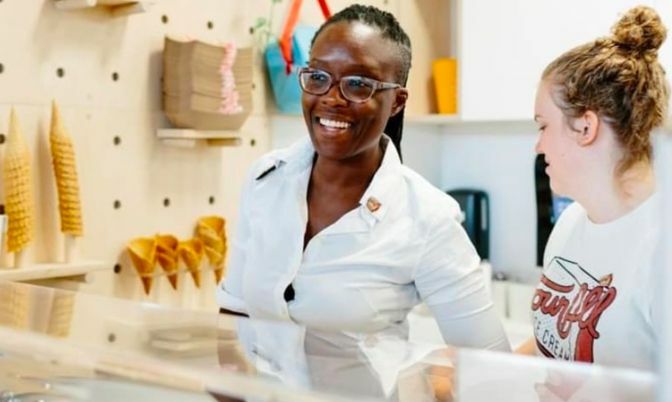
Ajoa recalls attending a networking event with one of her employees who was not a woman of colour. They both were speaking to someone about the business, but Ajoa noticed that any follow up questions were directed at the employee. Regardless of how much the employee deflected the questions back to Ajoa, it seemed that this person “could not comprehend that it was my business, and not hers.” Ajoa got the sense that being a black woman was the reason.
Ajoa points out that the Kitchener, Waterloo Food Industry, has been highly dominated by white men, “making it feel very much like a boy’s club.”
“I was recently asked to sit on a panel aimed at supporting individuals looking to start up their own food businesses. Overall the panel went well. However the audience was primarily women of colour (~60%), while I was the only woman of colour on the panel (1 of 10).”
Her advice to others hoping to start a business is to collect as much information as you can by doing your research, but don’t so consumed by research that you never ‘do.’ She stresses the importance of beginning - even when your research is not one hundred percent done, saying “get prepared but start.” She also emphasizes the importance of being open and flexible to change, saying if things aren’t working you need to be able to “adapt, switch and move.” But most importantly she says, is to have a strong network around you.
“People like helping people so it’s important when starting a business to be able to share your idea with as many people as possible because an inability to talk about your idea will not lead to success.” The more people brought to the journey, she says, “the more help along the way.”
Ever Imafidon is a second year student at University of Toronto, majoring in Political Science and minoring in African studies and Women and Gender studies. A proud immigrant from Nigeria, she has been living in Canada for 12 years now and is working towards becoming a lawyer. She currently works with Do the Knowledge, a program attached to Blackstone Foundation Library to promote literacy and Afrocentric reading for members of the Black community.
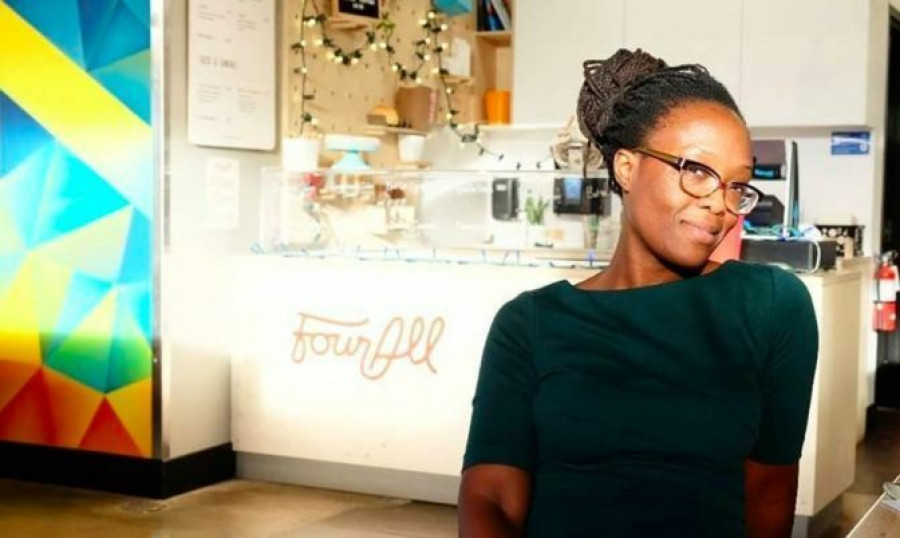
 By Ever Imafidon
By Ever Imafidon 




